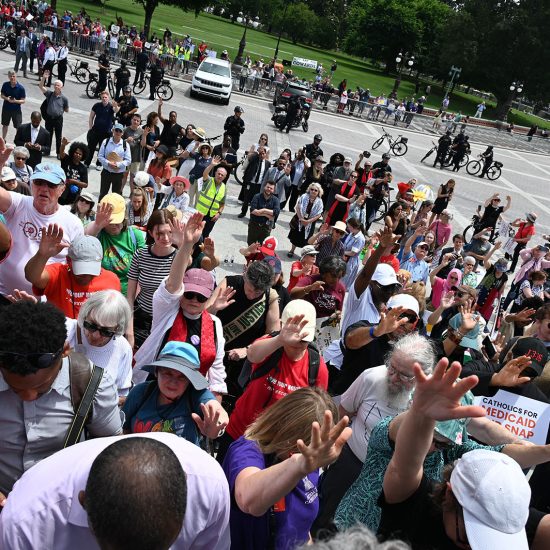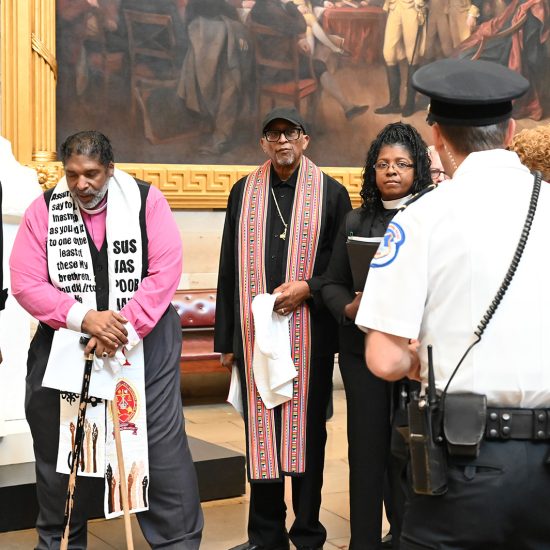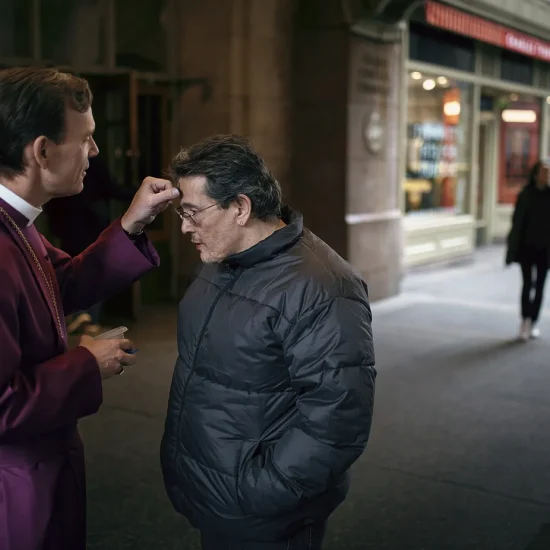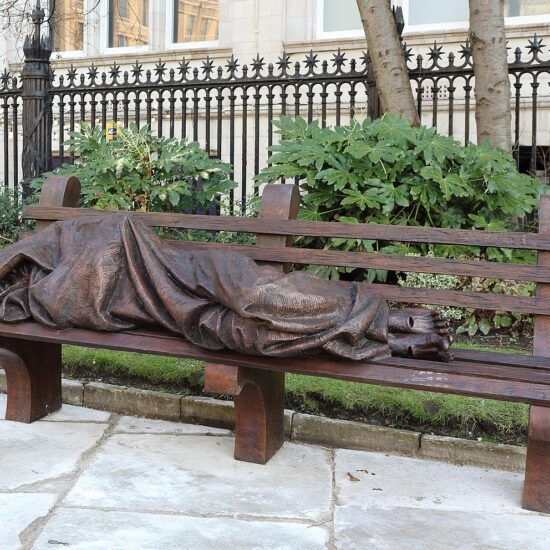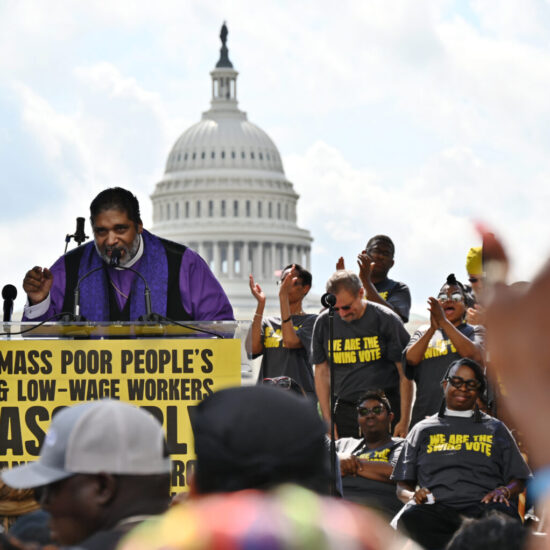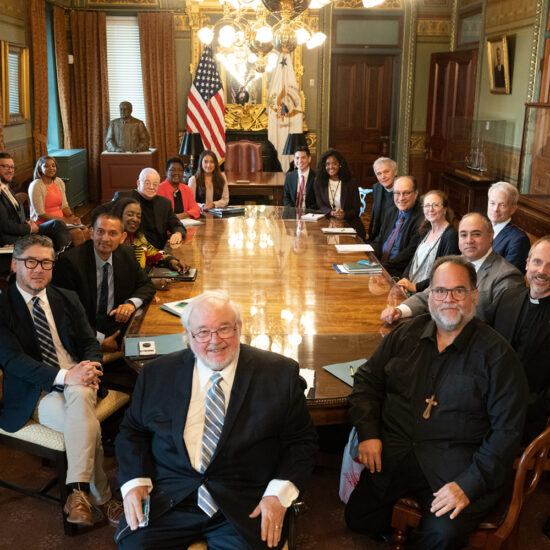WASHINGTON (ABP) – The National Association of Evangelicals released a document Dec. 14 about changes to the environment and how they affect the poor.
The 56-page discussion paper, “Loving the Least of These: Addressing a Changing Environment,” explores why evangelicals should consider environmental change, what science says about climate change and how changes in the environment worsen the effects of poverty. Finally, lead author Dorothy Boorse of Gordon College discusses “what our role as evangelicals should be and what, if anything, we can do to turn the tide for the sake of the poor.”
“While others debate the science and politics of climate change, my thoughts go to the poor people who are neither scientists nor politicians,” NAE President Leith Anderson said in the preface. “They will never study carbon dioxide in the air or acidification of the ocean. But they will suffer from dry wells in the Sahel of Africa and floods along the coasts of Bangladesh. Their crops will fail while our supermarkets are full. They will suffer while we study.”
The resource intended to “serve as a discussion starter among evangelicals who share common concern for the poor and a desire to consider the global topic of climate change” comes on the heels of the U.N. climate talks in Durban, South Africa. The compromise Durban “roadmap” calls for negotiation of a new global agreement by 2015. Changes will not take effect until 2020, a deadline critics pointing to current climate data say is much too late.
The development agency Christian Aid called the deal a “betrayal of people across the world.”
“By giving themselves until 2015 to agree on a new deal which only takes effect in 2020, governments are delaying desperately needed action and condemning us all to dangerous warming of much more than 2 degrees,” said Christian Aid climate expert Mohamed Adow.
Quoted in the Christian News Today, Adow warned that deadly floods and droughts witnessed in parts of Africa and Asia will only get worse, and people living in impoverished communities will be affected most.
The NAE document says that whatever their views on the causes of climate change, most Americans can make lifestyle changes that will reduce their energy requirements. They include using energy more efficiently, switching to renewable energy sources and supporting energy policy reforms.
“Evangelicals have a long history of caring for the poor,” the document’s closing paragraphs concluded. “It was deep concern for the poor that prompted the NAE to study the potential impact of climate changes on the poor.
“This is not an issue one person can solve, but together, by God’s grace, we can make a difference. It would be easy to feel overwhelmed. We could throw up our hands in despair. Our faith, however, encourages us to persist: “Let us not become weary in doing good, for at the proper time we will reap a harvest if we do not give up” (Galatians 6:9).
-30-
Bob Allen is managing editor of Associated Baptist Press.

